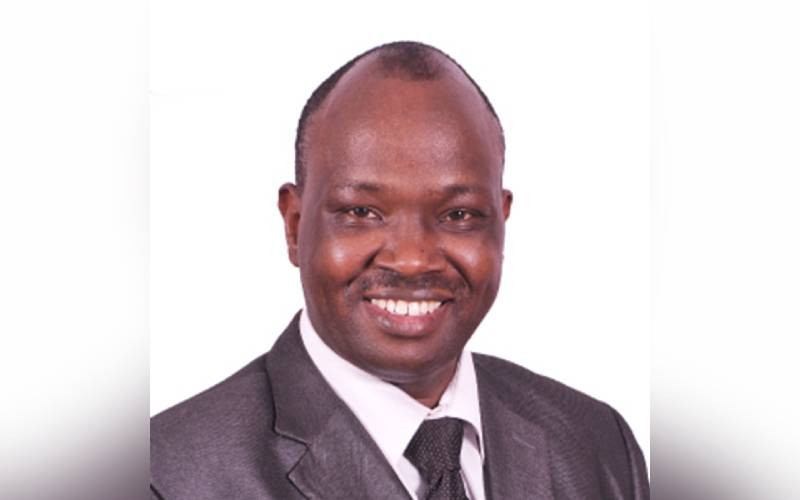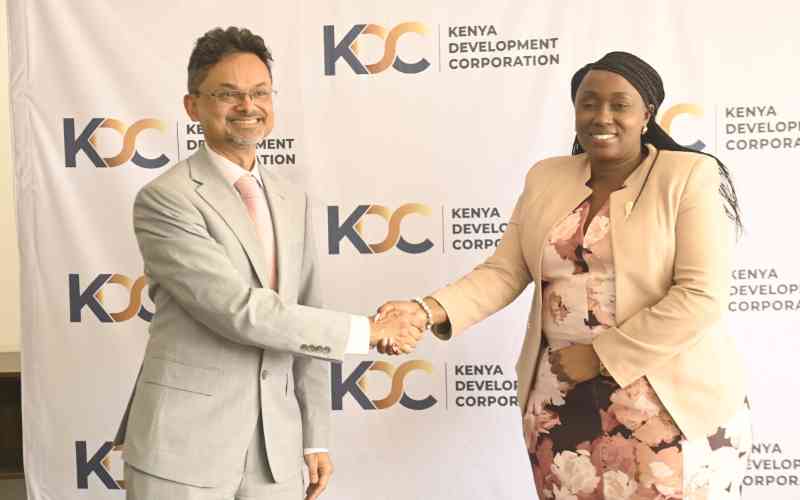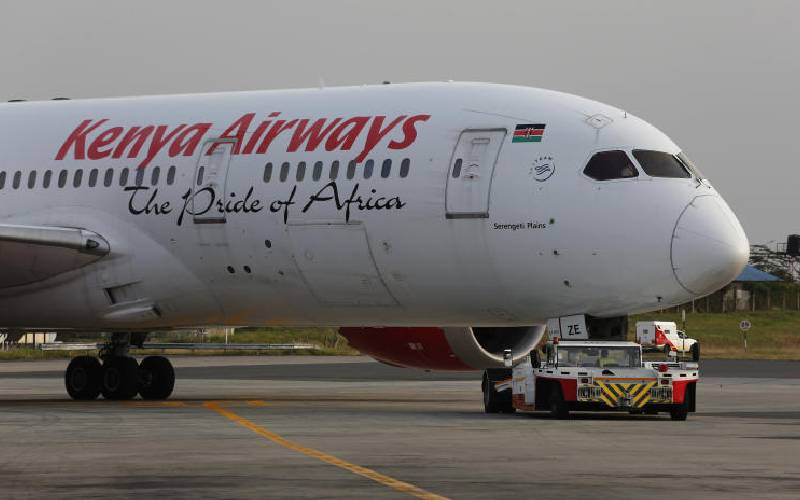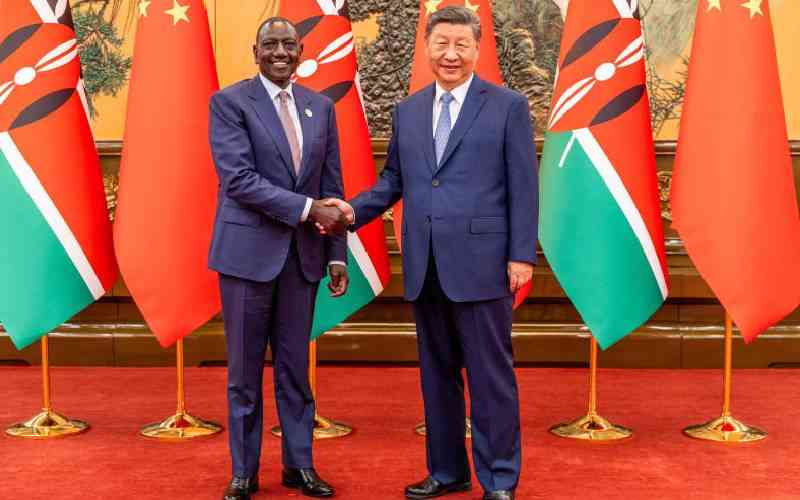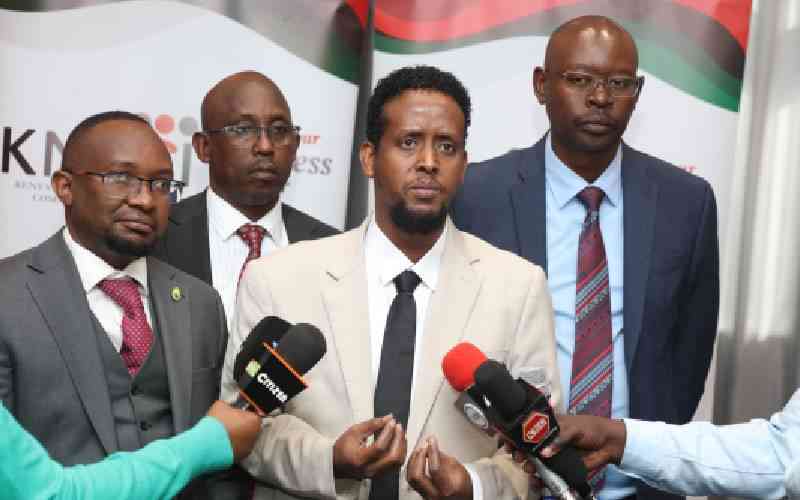×
The Standard e-Paper
Stay Informed, Even Offline
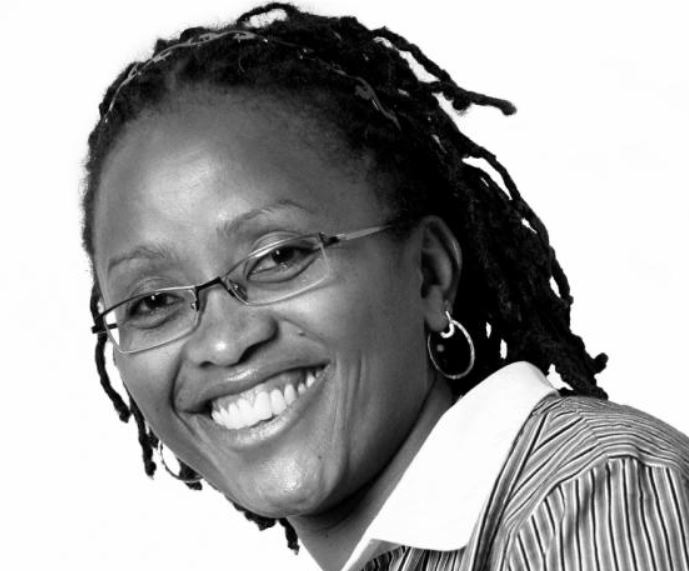
According to a recent report by the United Nations Educational, Scientific and Cultural Organisation (Unesco), only 35 per cent of Science, Technology, Engineering and Mathematics (STEM) students in higher education globally are women.
This gaping gender gap is especially concerning when we consider that STEM careers are considered the jobs of the future.
